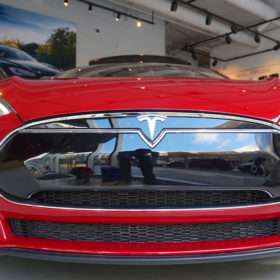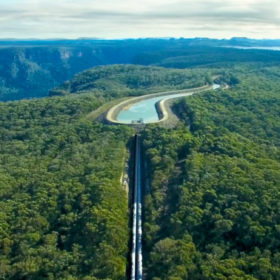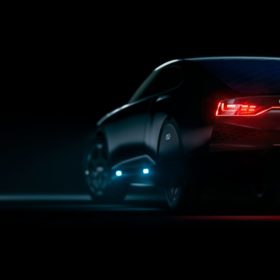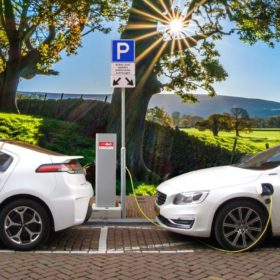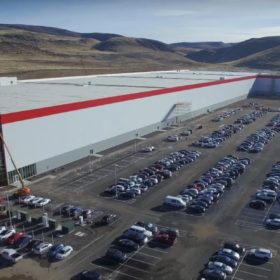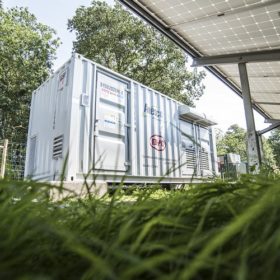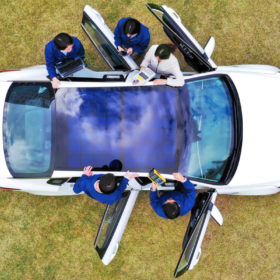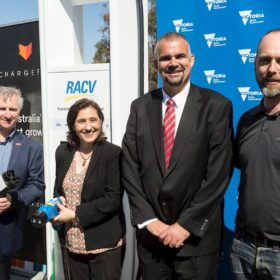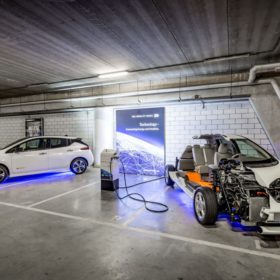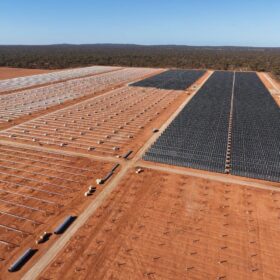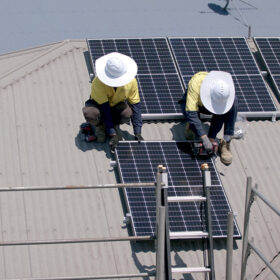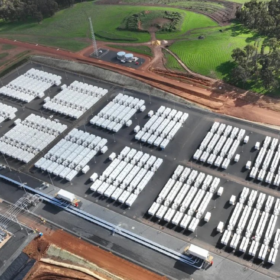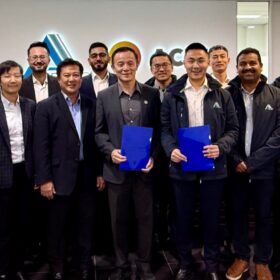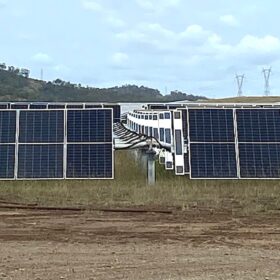Tesla borrows $520m from Chinese state-owned lenders for Shanghai Gigafactory
The electric carmaker has signed 12-month credit agreements with three of China’s ‘Big Four’ lenders as well as the development bank for Shanghai as it aims to get its lower-priced Model 3s rolling off the production line by the end of the year.
The week of energy policy announcements: pumped hydro, hydrogen, energy efficiency, EVs
In a flurry of funding announcements, the Coalition government pledged to underpin two major pumped hydro projects, an interconnector and an energy efficiency program, and tried to move forward a hydrogen export roadmap and a national strategy for electric vehicles. However, if it truly wants to refashion itself on climate and energy policy and realize any of these massive new opportunities, the government will need to reshuffle the nation’s energy mix towards a greener future .
World’s first solar-powered passenger car on roads next year
A Dutch start-up has designed an electric vehicle that runs solely on solar energy, and aims to deliver its first models next year. The car will also be available to lease.
Senate warns Australia will be left behind in EV uptake
A flagship report from the Senate Committee on Electric Vehicles (EV) has called on the federal government to adopt a strategy that will accelerate EV uptake in Australia, and implement new vehicle emissions standards to encourage manufacturers to sell more EVs. Since a growing EV fleet could pose a challenge to the grid, solar is set to assume an important role in flattening out the demand and supply curve.
Tesla dives deeper into energy storage, as solar slumps
Elon Musk’s company is seeing tremendous success with its EVs and global manufacturing, and dramatically scaling its energy storage deployment, but the Solar Roof is still not being widely deployed.
Tesla announces Australian telecom executive to replace Musk as board chair
No, Rupert Murdoch’s son will not be running the world’s largest EV maker.
BNEF: Australia among leaders in $1.7 trillion energy storage market
Bloomberg New Energy Finance has significantly increased its forecast for global deployment of behind-the-meter and grid-scale batteries from now to 2040. The research company sees Australia among nine markets that will be driving this trend, as the economic case for batteries becomes unstoppable.
Hyundai to launch solar body kits for vehicles
In a joint effort with Kia Motors, Hyundai Motors is developing solar roofs and bodies for its EVs, hybrids and ICE vehicles to provide additional charging capacity. Depending on solar irradiation levels, the technology could provide 30-60% battery charge per day, the manufacturer says.
Australia’s first ultra-rapid charging station unveiled
The Victorian government has allocated another $2 million in funding for Australia’s renewables-powered electric vehicle ultrafast charging stations, as the first charging site was unveiled at Euroa.
Renewables to power ultra-rapid EV charging network
A super-fast network being rolled out across Australia will allow drivers to charge their electric vehicles in just minutes, 15 times faster than typical domestic charging points which take hours. All the charging stations will be powered through the purchase of renewable energy or on-site solar.
